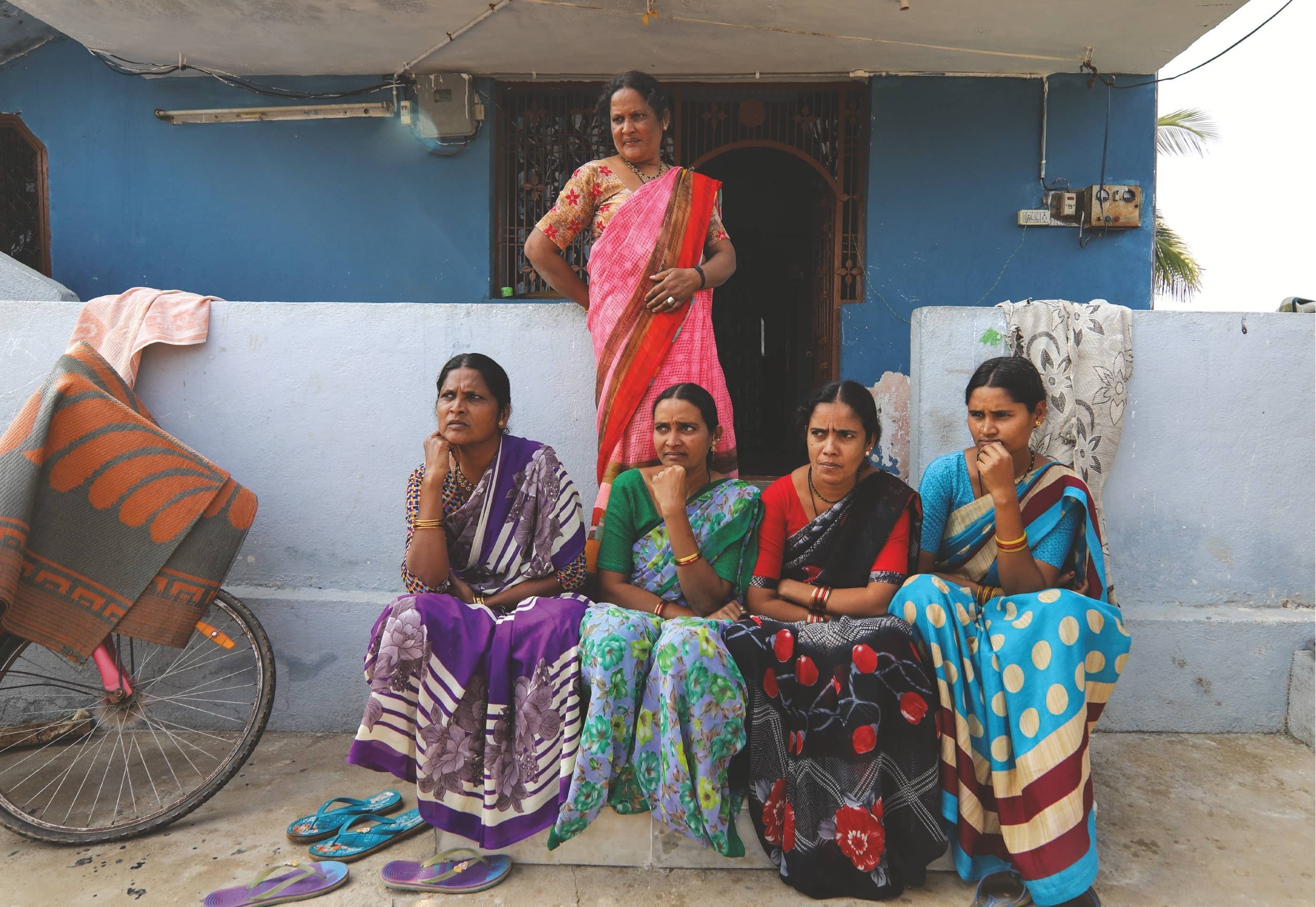“THEY STOLE MY WOMB”
Down To Earth
|March 01, 2020
Thousands of women across the country are being misled by doctors to get their uterus removed. What’s shocking is that most of them are under 30 and do not really need surgery. Hysterectomy at this age can interfere with one’s hormonal balance, triggering high blood pressure, osteoporosis, vision loss and mental illnesses. As the government remains blind to this emergency, doctors make quick money through insurance schemes. KUNDAN PANDEY investigates the untold tragedy

IT WAS intriguing that Vandana Khandale, a traditional sugarcane cutter in Maharashtra’s Beed district, was sitting at home in January, the peak time for sugarcane harvesting. “I have developed severe joint pain and feel tired all the time. I get irrigated far too often, and working on the fields has become difficult,” she says. Vandana is still 30 and has not contributed much to the family income in the past six years. Her husband, Mashu Khandale, is a daily wage labourer and now the sole breadwinner of his five-member family.
Six years ago, extreme pain in the lower abdomen and bleeding made working on agricultural fields a struggle. It was worse during her periods. On days she missed work, the contractor would deduct her salary. Local doctors gave her some pills, but that only gave temporary pain relief. To get rid of the persistent problem, she visited a private hospital. Here, the doctor suggested to get rid of her uterus altogether, the cause for all her troubles.
Vandana thought this was the best solution to her problems, and she had to shell out R4,000 for it. She is amongst thousands of young women across the country who opt for hysterectomy. Few of them know that hysterectomy is the last resort of treatment for doctors, that too after several rounds of brainstorming. After all, hysterectomy results in life-altering complications such as osteoporosis, weight gain, loss of stamina and digestive disorders, say experts. The spread across the country is, therefore, baffling (see ‘Operative spread’ on p32).

The number of women undergoing hysterectomy is as high as 63 per 1,000 women in some states, says a study published in
Bu hikaye Down To Earth dergisinin March 01, 2020 baskısından alınmıştır.
Binlerce özenle seçilmiş premium hikayeye ve 9.000'den fazla dergi ve gazeteye erişmek için Magzter GOLD'a abone olun.
Zaten abone misiniz? Oturum aç
Down To Earth'den DAHA FAZLA HİKAYE

Down To Earth
KING OF BIRDS
Revered for centuries, western tragopan now needs protection as its forests shrink, human pressures mount
3 mins
December 16, 2025

Down To Earth
WHISKERS ALL AQUIVER
Climate change threatens creatures that have weathered extreme environments for thousands of years
2 mins
December 16, 2025

Down To Earth
GOLDEN SPIRIT
Survival of the shy primate is closely tied to the health of Western Ghats
3 mins
December 16, 2025

Down To Earth
RINGED EYES IN THE CANOPY
Rapid habitat destruction forces arboreal langur to alter habits
2 mins
December 16, 2025

Down To Earth
HANGING BY THE CLIFF
The Himalaya's rarest wild goat is on the brink of local extinction
2 mins
December 16, 2025

Down To Earth
ANGEL OF THE BEAS
Conservation reserves, citizen science, and habitat protection give the Indus River dolphin a fighting chance in India
2 mins
December 16, 2025

Down To Earth
UNDER MOONLIT SCRUB
Survival of this hidden guardian tells us whether our scrublands still breathe
2 mins
December 16, 2025

Down To Earth
SYMBOL OF SILENT VALLEY
Lion-tailed macaque remains vulnerable despite past victories
2 mins
December 16, 2025

Down To Earth
THE APE IN OUR STORIES
India's only non-human ape species is a cultural icon threatened by forest fragmentation
2 mins
December 16, 2025

Down To Earth
SENTINEL OF THE HIGH COLD DESERT
The bird's evocative call may not continue to roll across the cold desert valley for long
3 mins
December 16, 2025
Translate
Change font size

